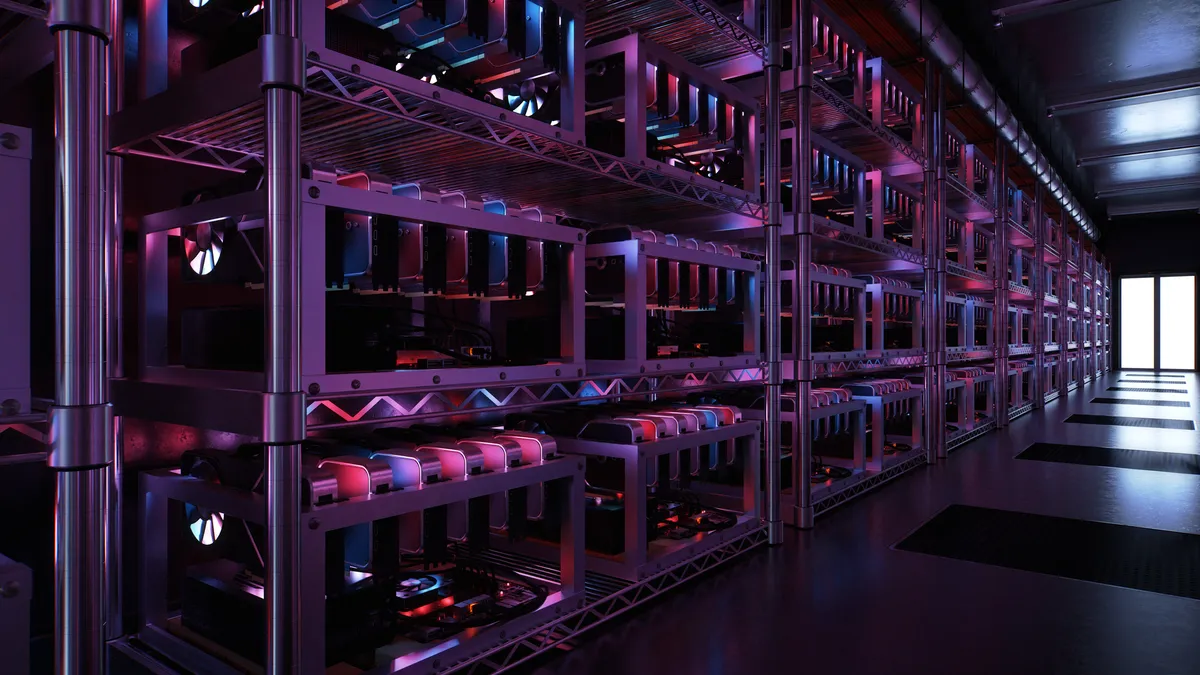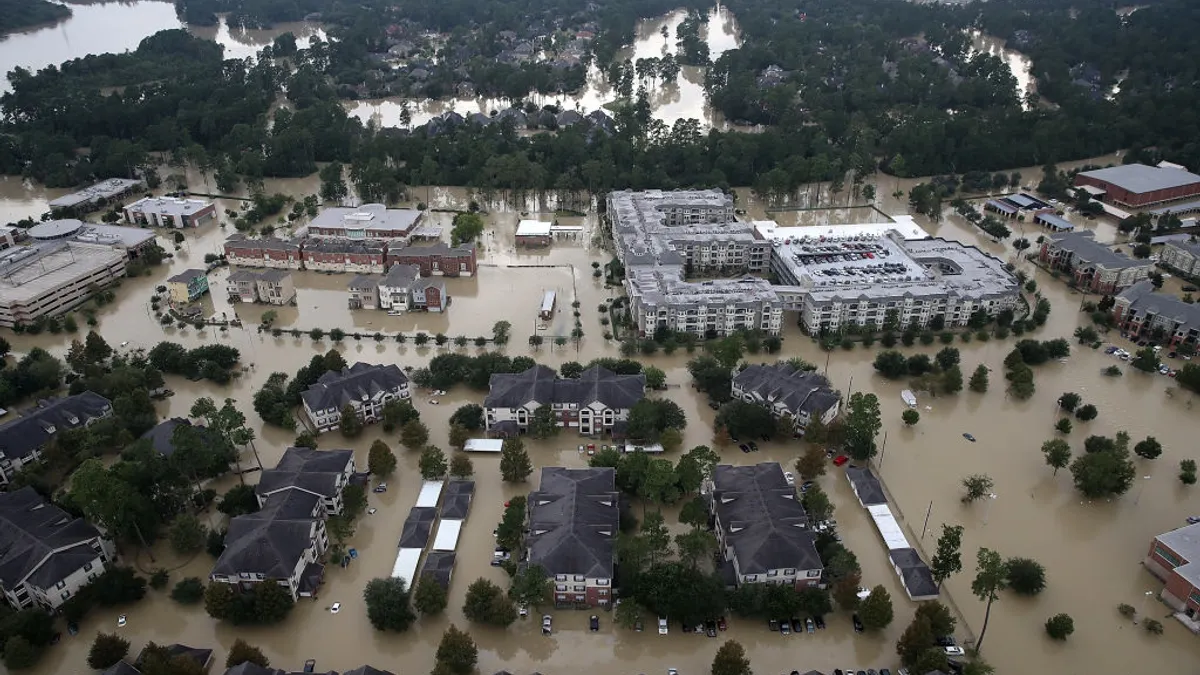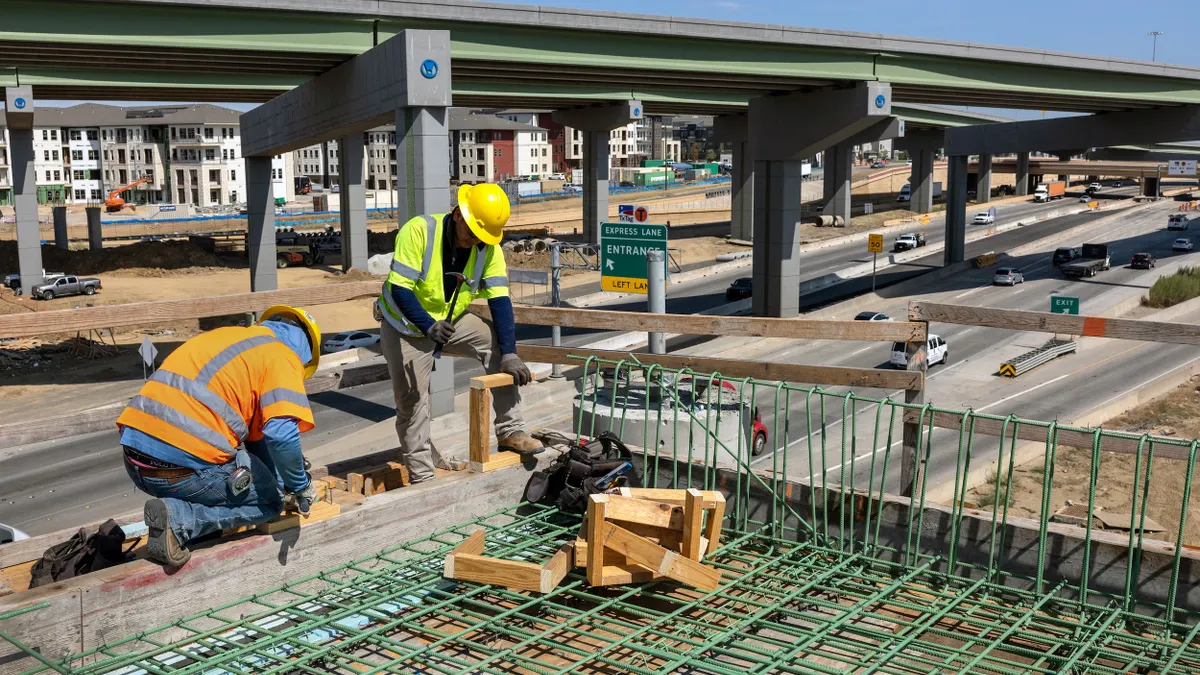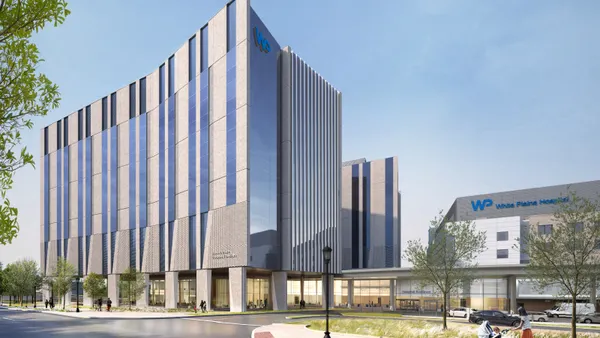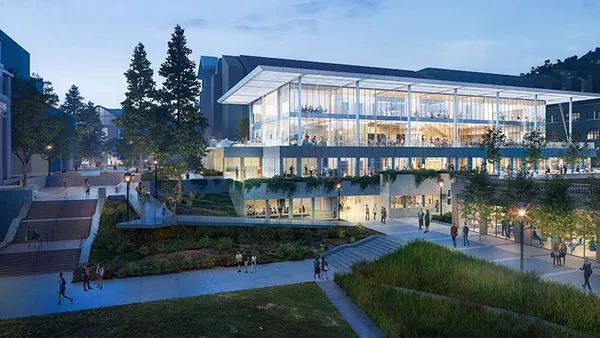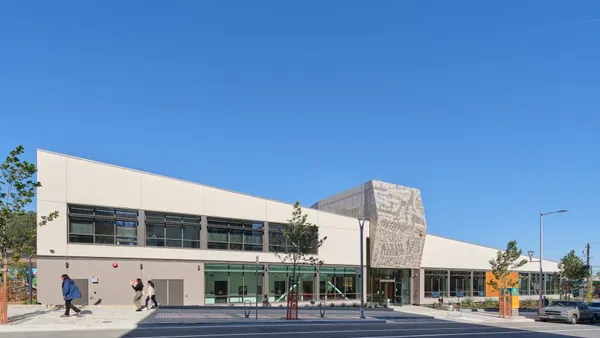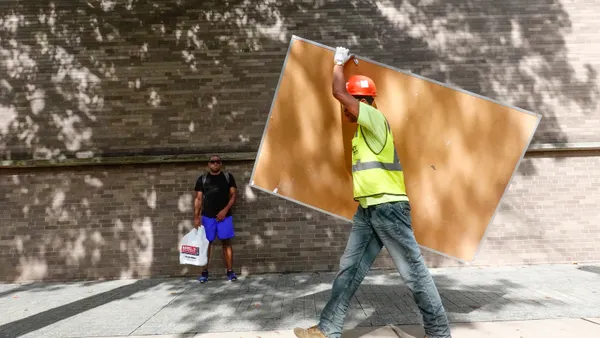Bans on cryptocurrencies overseas have led to a surge of crypto- and Bitcoin-related construction in the U.S., adding more demand in the already booming data center sector, industry sources said.
"We see a trend of more Bitcoin mining coming to the United States since they've been closed out of other countries," said Sean Mulligan, director of mission-critical for Edmonton, Alberta-based PCL Construction. "It's not going away. There's way too many people that have too much invested in it to just see it disappear."
Russia's central bank proposed in January a ban on the use and mining of cryptocurrencies on Russian territory, while China banned cryptocurrencies last year. In addition, Sweden is leading a push for a ban on cryptocurrency mining in the European Union, according to the Financial Times. That accelerated a wave of Bitcoin-focused mining data center projects, which have received the lion's share of investor attention in the cryptocurrency space, to pop up domestically.
The surge in Bitcoin mining centers mirrors the overall trend in the data center industry. Around 527.6 megawatts were under construction midway through 2021, an increase of 42% year over year, according to CBRE, a Dallas-based commercial real estate services and investment firm.

Bitcoin mining operations can be considered data centers, but these facilities are not the same as traditional centers that run Amazon Web Services or Microsoft, said Mulligan. A Bitcoin mining center does not have the same level of security, nor would it have the same level of generators or batteries as a traditional data center, he added.
A typical large wholesale data center might cost anywhere from $7 million to $10 million per megawatt to build out, said Mikey Jaillet, associate at CBRE's data center group. He added cryptocurrency requirements are getting built anywhere from $250,000 to $500,000 per megawatt.
"It's a much different infrastructure design, the mission critical uptime piece is nowhere near as important," said Jaillet. "They're able to build out significantly cheaper."
That makes a purpose-built cryptocurrency mining data center a simpler project from a design and construction standpoint, said Ryan Ferguson, vice president and project executive of mission critical at St. Louis-based McCarthy Building Cos. He agreed that preventing downtime is not as critical for a Bitcoin mining center, meaning backup power systems do not need to be as robust.
Congress weighs whether to clamp down
But not everyone is raving about crypto construction. Sen. Elizabeth Warren expressed concerns over the electricity consumption and greenhouse gas emissions from Bitcoin mining centers. Democrats in Congress are currently weighing whether to scrutinize the Bitcoin industry's impacts on the environment and energy use in the U.S., according to Politico.
Texas leads the U.S. as a favored landing spot for these projects for its low cost of power, said Jaillet. The Lone Star State is on track to deploy approximately 5,000 megawatts of cryptocurrency mining data centers by 2023, said Lee Bratcher, president of the Texas Blockchain council, in an interview with Bloomberg.
That's around five times more than the current rate, said Jaillet. The U.S. is already home to more crypto mining capacity than any other country, according to the Cambridge Centre for Alternative Finance.
Other leading crypto construction destinations include Georgia and Wyoming, said Ferguson, for their inexpensive power, renewable energy and access to fiber.
Texas Bitcoin farm in the pipeline
Private equity typically underwrites these deployments, said Ferguson. Mulligan said venture capital is also a big player in Bitcoin mining construction in the U.S.
But Tony Tate, owner of Litchain Corp.,a Bitcoin mining company, said local governments could also get a piece of the Bitcoin construction pie.
For example, in Texas, the city of Abilene and Taylor County announced in December a partnership with Houston-based infrastructure company Lancium to build a $2.4 billion Bitcoin farm.
"It should be commonplace," said Tate. "I should be on the phone with every mayor in every city in America trying to figure out how I can build a Bitcoin mining data center where the city participates with crypto."



